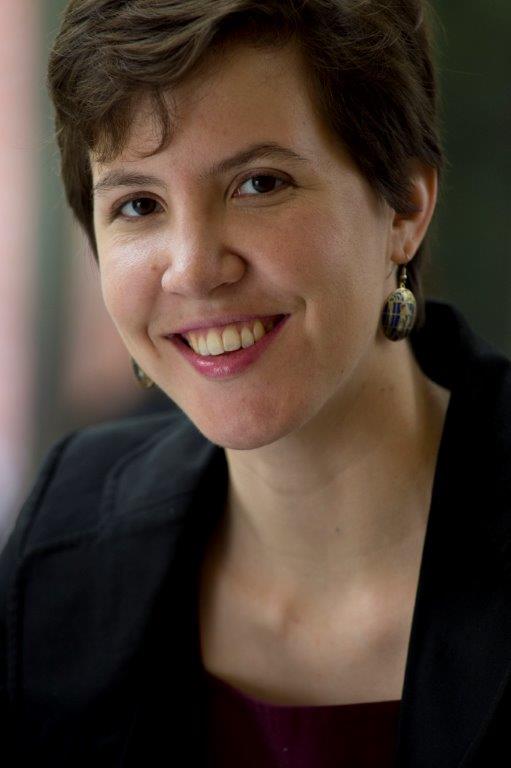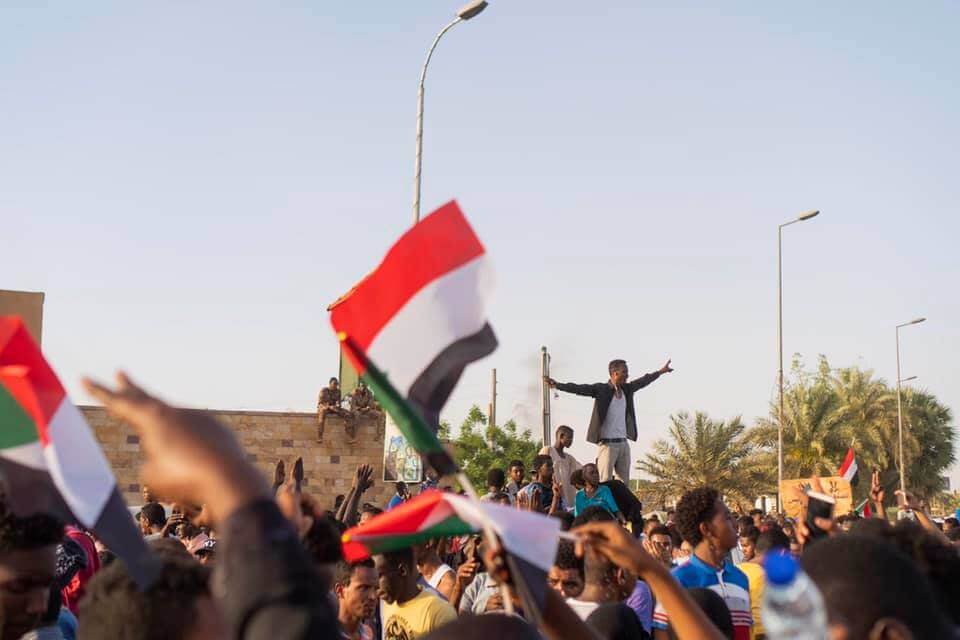The current issue of African Security Review includes several papers that developed out of research from the World Peace Foundation’s African Peace Missions research program, directed by Mulugeta Gebehiwot Berhe. The articles in this issue are open access, and we will be posting key excerpts from each on this blog. The African Peace Missions program culminated in a report submitted to the African Union, African Politics, African Peace, that charts an agenda for peace in Africa, focusing on how the African Union can implement its norms and use its instruments to prevent and resolve armed conflicts.
Below is an excerpt from “Modern post-conflict security sector reform in Africa: patterns of success and failure” by Sarah Detzner.
Promoting security sector reform (SSR) in countries emerging from war is one of the critical missions that the African Union (AU) – following the path laid out by the United Nations (UN), the World Bank, and others – has increasingly assumed in recent years. However, despite two decades of implementation experience, as of 2016 there has been no increase in the tiny number of post-conflict SSR efforts generally considered successful. In another field of endeavour, the approach might have been discarded as unworkable in practice. However, in the absence of any alternative path to the same critical ends, i.e. stable, self-governing states in which citizens enjoy basic security and justice services, do not export security problems (refugees, militants, drug-traffickers, etc.), and do not require continual aid and periodic intervention, SSR remains indispensable.
It has become a cliché to state that failure to implement is the problem with SSR. The core recommendations for SSR practice have remained fairly constant over time, as has the failure to shape programmes accordingly. While the obvious question regarding failures of SSR implementation is ‘why’, it should be equally clear – given the vast scope of activity fitted under the heading of SSR – that to answer this one must first address the prior questions of ‘where’ and ‘how’, particularly if the answers systematically vary based on region, level of intervention, intensity of conflict, and a host of other variables.
This article attempts to examine the ‘where’ and ‘how’ of SSR’s implementation failures for both the thematic issues and the subset of cases most relevant to the AU – instances of post-conflict SSR with significant external involvement undertaken since the mid-1990s: Liberia, Sierra Leone, Guinea-Bissau, Somalia, Sudan, South Sudan, Mali, Côte D’Ivoire, Burundi, Chad, Libya, the Central African Republic (CAR), and the Democratic Republic of Congo (DRC). To this end, the piece is organised into five sections. The first provides background by reviewing both prevailing definitions of SSR and the conditions that led to its popularisation. The second section reviews and aggregates the experiences of various African states that have undertaken post-conflict SSR efforts (successfully and otherwise). Many thorough case studies of the efforts examined exist; by scrutinising these cases for patterns, this article attempts to draw more generalisable conclusions for this case universe. The third section explores scholars’ and practitioners’ evolving and diverging attempts to define and so resolve recurrent issues within SSR, focusing on those most relevant to African post-conflict efforts. The fourth section distils the findings of this examination into a set of recommendations for the AU, and the fifth concludes with thoughts on how these findings suggest further specific directions for research.
This examination finds, briefly, that in African post-conflict efforts, gaps in SSR implementation have tended to occur at the same points in the SSR process repeatedly. The most common issues include failures to correctly assess the post-conflict security environment, failures to ensure local ownership of reform efforts, failures to devote sufficient resources and attention to disarmament, demobilisation and reintegration (DDR, a process with close ties to SSR explored in the ‘issues’ section of this article, and force integration), failures by donors to coordinate goals and resources, and failures to include critical parts of both the de jure and de facto security sector in reforms. Post-conflict African success stories also share common characteristics, most notably a deep and wide level of societal involvement at most stages of the SSR process. Possible directions for further research gleaned from these patterns are explored in the conclusion of this article.



